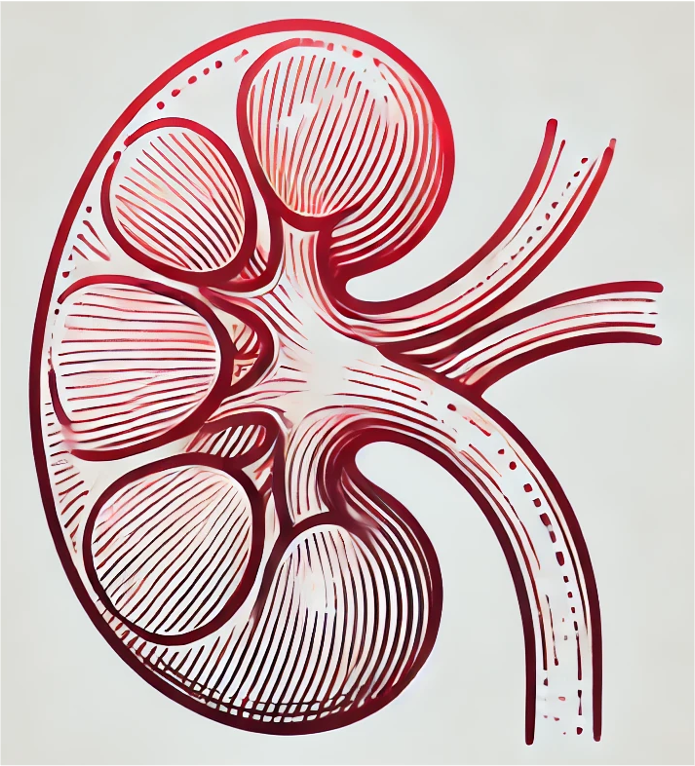Description
Background; The major gene mutated in autosomal dominant polycystic kidney disease was first identified over 20 years ago, yet its function remains poorly understood. We have used a systems-based approach to examine the effects of acquired loss of Pkd1 in adult mouse kidney as it transitions from normal to cystic state.; ; Methods; We performed transcriptional profiling of a large set of male and female kidneys, along with metabolomics and lipidomics analyses of a subset of male kidneys. We also assessed the effects of a modest diet change on cyst progression in young cystic mice. Fatty acid oxidation and glycolytic rates were measured in five control and mutant pairs of epithelial cells.; ; Results; We find that females have a significantly 46 less severe kidney phenotype and correlate this protection with differences in lipid metabolism. We show that sex is a major determinant of the transcriptional profile of mouse kidneys and that some of this difference is due to genes involved in lipid metabolism. Pkd1 mutant mice have transcriptional profiles consistent with changes in lipid metabolism and distinct metabolite and complex lipid profiles in kidneys. We also show that cells lacking Pkd1 have an intrinsic fatty acid oxidation defect and that manipulation of lipid content of mouse chow modifies cystic disease.; ; Interpretation; Our results suggest PKD could be a disease of altered cellular metabolism.
Overall Design
Fifth-generation C57/BL6 Pkd1cko mice were crossed to the reporter mice C57/BL6 congenic B6.129S4-Gt(ROSA)26Sortm1Sor/J (stock 003474, Jackson Laboratories) and to C57/BL6 tamoxifen-Cre (B6.Cg-Tg(Cre/Esr1)5Amc/J mice (stock 004682), Jackson Laboratories). Adult mice were induced at P40 by one intraperitoneal injection of 0.2mg/g tamoxifen (Sigma, T5648) in corn oil (Sigma-Aldrich, C8267) and animals harvested between P102 and P210 were used for gene expression assays. All animals used for gene assays were Pkd1 cko/cko and either cre negative (‘N’, used as controls) or cre positive (‘P’, conditionally deleted mutants).
Curator
mj_li
